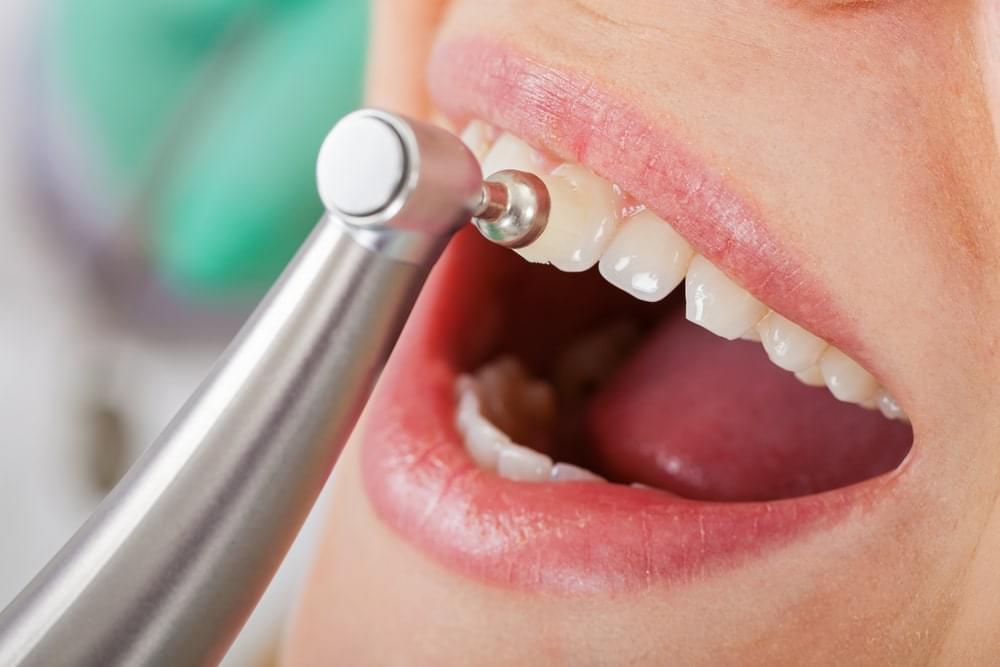Professional teeth cleaning is a very important part of maintaining good oral health. A Registered Dental Hygienist or a Dentist are the professionals who does teeth cleaning. Teeth cleaning gets rid of unwanted food and bacterial deposits from one’s mouth. There are some postoperative symptoms after cleaning.
Getting regular dental care will reduce the chances and intensity of these symptoms/side-effects.
Most common side effects of or in more professional term post-operative symptoms of a professional teeth cleaning are:
- Sensitive Teeth: Ones teeth might have been covered with plaque, calculus for a long time which may have resulted in gum recession. Once the calculus layer is removed the teeth become exposed to air and foods. This is one of the most common side effects. These teeth sensitivity usually lasts for few days to couple weeks. Duration and intensity of this sensitivity depends upon the prior gum health of the individual. Individuals who get regular dental care may experience no to very minimal sensitivity as compared to those who haven’t seen a dentist for years. This is a temporary side-effect.
- Sore Gums: After deep cleaning gums may feel sore. It lasts for about a week to 10 days. Bacteria, plaque and calculus sometime develop under the gums. In the process of removing these subgingival deposits; gums may become sore. This is a temporary side-effect. One may take some painkillers if needed.
- Bleeding: Rarely, patients will experience some bleeding after a deep cleaning. Usually, you may see a tinge of redness in your saliva after teeth cleaning. Bleeding happens in individuals who have not received dental care for a long time and with severe periodontitis after a deep cleaning.
- Swollen Gums: Scraping of deposits and bacterial layer, may result in slight gum swelling. It last for few days and usually gets better on its own. Rarely this condition will need antibiotic treatment if there is any infection.
- Gap Between Teeth: There is always a small space between teeth. Food deposits are formed in these areas if brushing and flossing is done. Gums may have already receded and plaque and calculus deposits cover these spaces. Teeth cleaning will remove these food and bacterial deposits and you may notice small gaps/spaces. Sometime gums will grow back and fill up these spaces.
How to take care of these side-effects?
- Your Dentist/hygienist may recommend using an anti-sensitivity or desensitizing toothpaste. There are many kinds of such toothpastes available over the counter.
- Your dental clinic may recommend antimicrobial mouthwash. Using the recommended mouthwash may help lower the gum disease causing bacteria in your mouth.
- You can do warm salt-water rinses 2-3 times in a day for few days. This will also protect from bacterial invasion and swelling.
- Over the counter pain killers may help alleviate pain or soreness.
- Most important step is to follow specific instructions given by your dentist or dental hygienist.
- Proper home care and good oral hygiene techniques of brushing and flossing should help.
If you need a professional teeth cleaning, make an appointment now at Lincoln Dental Center in Coquitlam.
